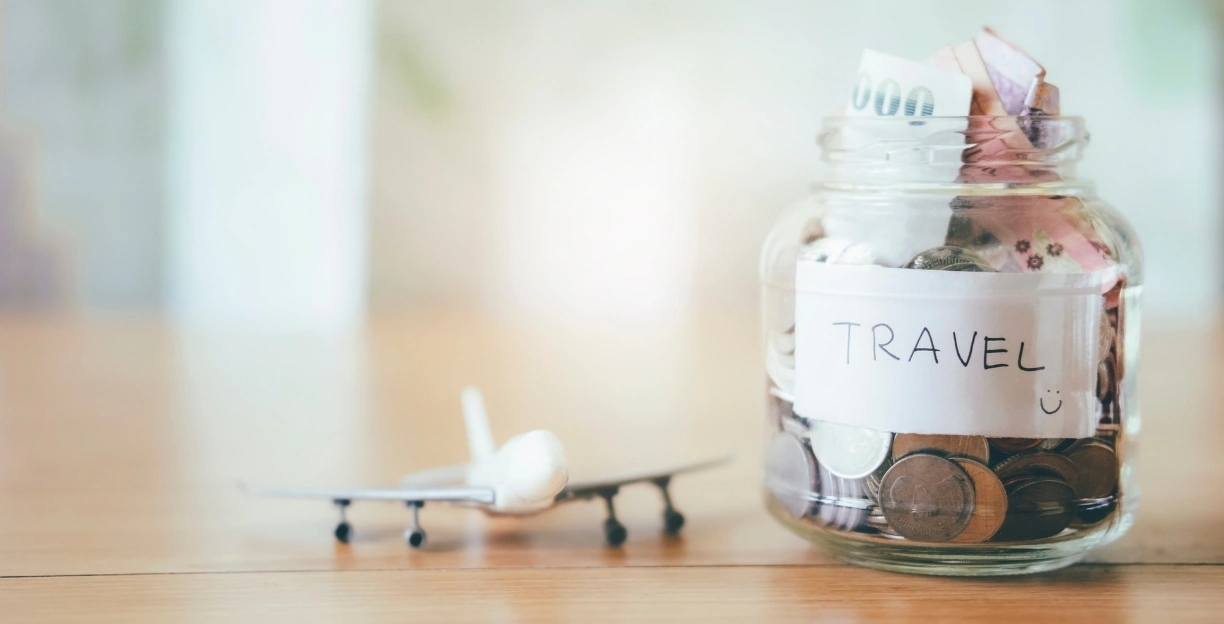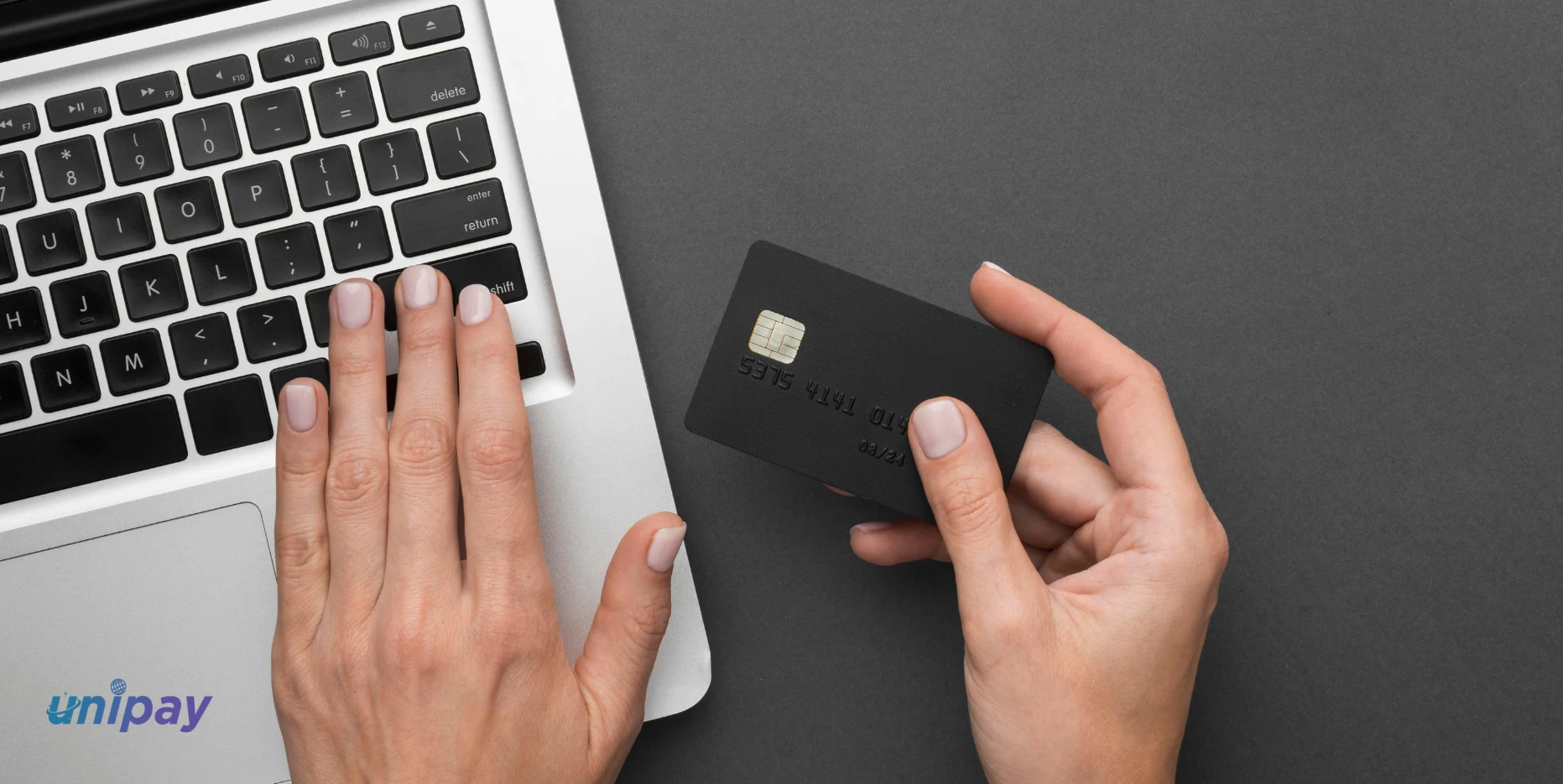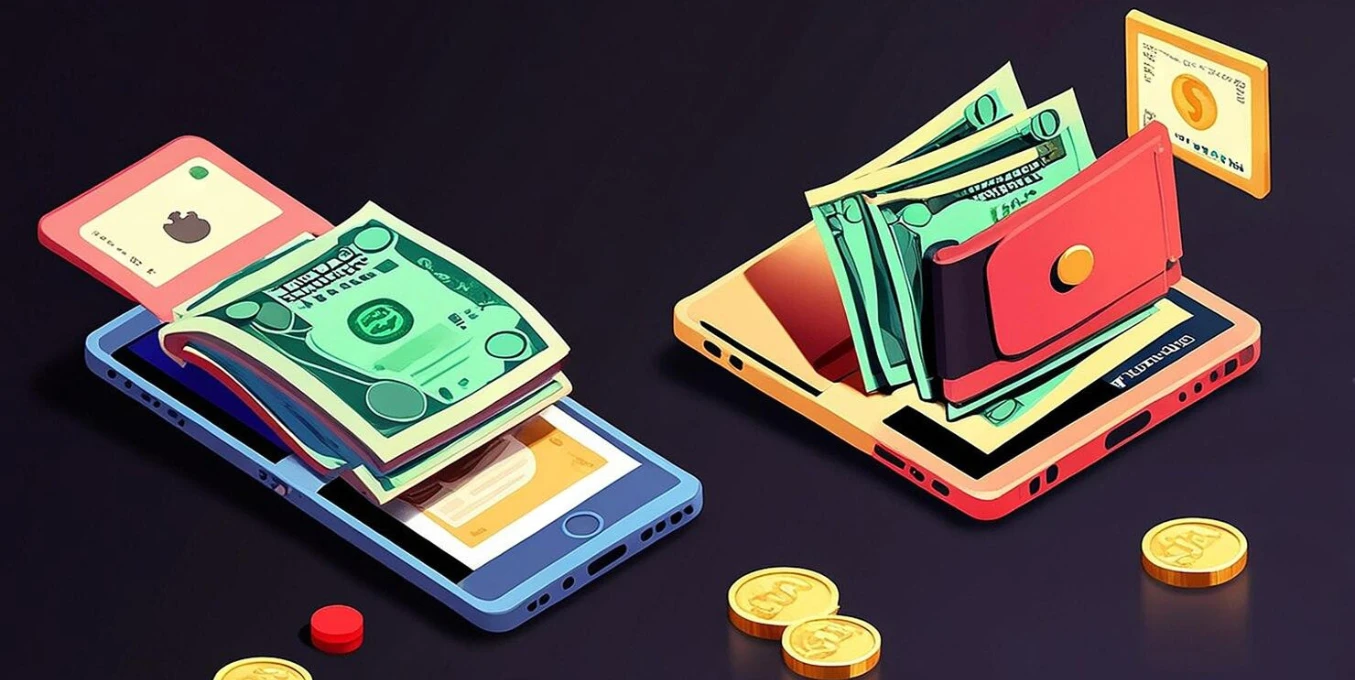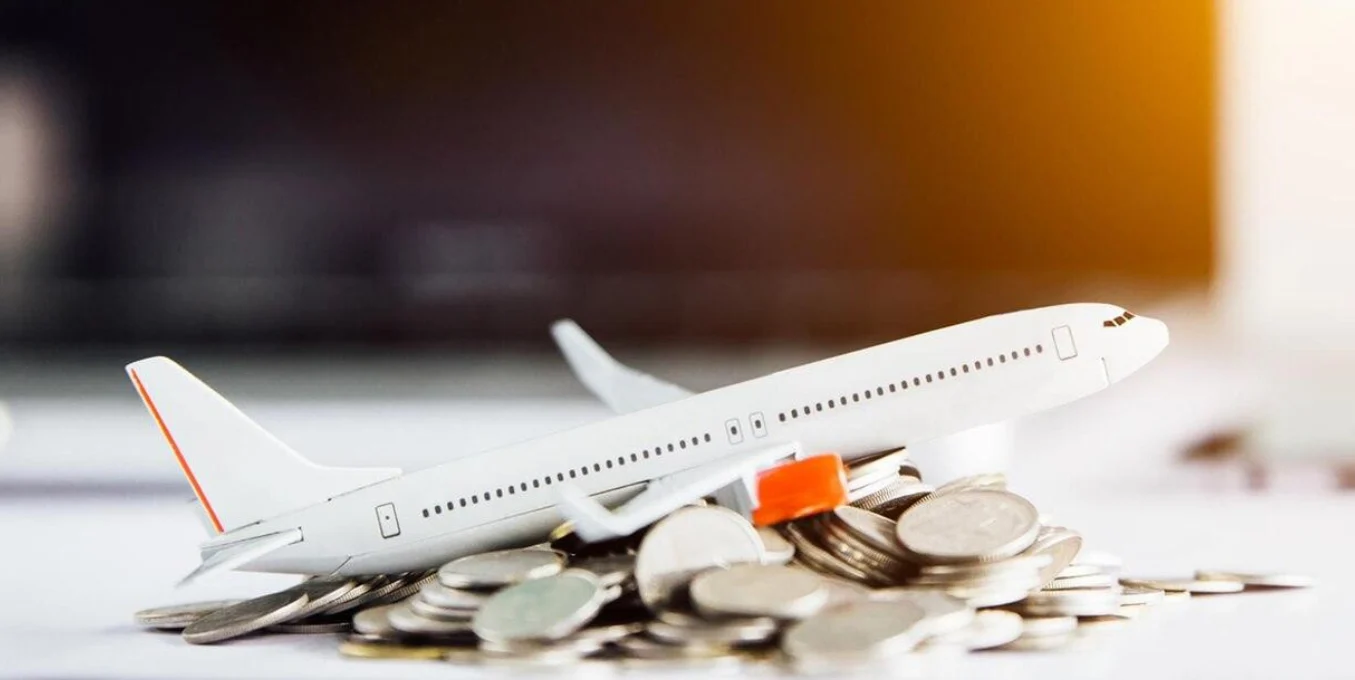Ever landed abroad and realised your bank card doesn’t work the way you thought it would? Or maybe you’ve stood at a foreign airport kiosk, exchanging rupees for local currency, only to find out later you got a terrible rate. It happens more often than you’d think, and not just to first-timers. Whether you’re planning a family holiday, sending your child abroad for higher studies, or flying out for work, managing your money smartly can make a real difference. A little planning around foreign currency exchange can help you save more. And no, it’s not as complicated as it sounds.
Here’s the thing: most of us focus on flights and hotels, but leave forex to the last minute. That’s usually when the panic sets in, and the chances of spending more than needed on bad exchange rates or unnecessary fees shoot up.
Let’s walk through a few practical, real-world tips to keep your money safe and save more when travelling abroad.
Tips to Save Travel Money on Foreign Currency Exchange
Here are some smart ways to save money while exchanging currency for your international travels:
1. Understand the Basics of Foreign Currency Exchange
Let’s start simple. Exchange rates fluctuate daily. What you see online isn’t always what you’ll get. Banks, airports, and even travel agents often add their own markup on the rate, which is how they earn. That’s why the “official rate” and what you actually receive can differ.
The smartest thing to do? Compare. A quick check with trusted forex service providers, especially if you’re looking for a foreign currency exchange in Panchkula or nearby, can show you the actual rate you’d get, minus the hidden surprises.
2. Don’t Leave It to the Airport
Airport kiosks are convenient but convenience comes at a cost. The rates at international terminals are often the least favourable, and the service fees are typically higher too.
If you’re leaving India, it’s a good idea to sort your forex at least 3–5 days in advance. That way, you get time to compare options, lock in a better deal, and avoid that last-minute “I’ll take whatever I can get” stress. Whether you’re exchanging pounds, euros, or dollars, timing matters.
3. Prepaid Travel Cards Are Your Foreign Currency Exchange Friend
Never used a forex travel card? Then you’re missing out on one of the most convenient tools for international travel. These cards allow you to load foreign currency in advance at a locked-in rate. That means no surprises, no daily fluctuations, and no panic every time the exchange rate dips.
Prepaid travel cards are like your travel buddies, you can rely on for financial matters. They’re especially handy for students and first-time travellers. You can swipe them like a debit card for shopping, booking tickets, or withdrawing cash abroad. And if you lose the card? It’s much safer than losing hard currency.
Unipay Forex offers travel cards for multiple currencies, and getting one is often as easy as walking into a branch or applying online. For parents sending children abroad, it offers peace of mind—no need to carry large amounts of cash or worry about tracking expenses.
4. Be Strategic with How Much You Carry
This one’s a bit personal. Some travellers like carrying all cash, others prefer just cards. The truth? A mix usually works best.
Carrying a small amount in hard currency—just enough to cover taxis, snacks, or any emergency when you land—is practical. The rest can go on your travel card. This not only keeps your money safe but also helps with budgeting. Plus, some countries rely heavily on cards (think Europe), while others prefer cash (like many parts of Southeast Asia).
Just remember: Indian regulations allow you to carry up to USD 3,000 (or equivalent) in currency per trip. More than that has to be on a card or transferred through official channels.
5. Avoid Frequent ATM Withdrawals Abroad
We get it, it’s tempting to use your regular debit card abroad. But what most people don’t realise is that international ATM withdrawals often come with high fees from both your home bank and the foreign one. Not to mention dynamic currency conversion charges that sneak up on you.
One way around this? Use travel cards or withdraw slightly larger amounts at once, so you’re not hit with fees every few days. You can always check with your forex card provider about international withdrawal limits and best practices.
6. For Students: Plan Your Foreign Currency Exchange Before Departure
Studying abroad is exciting, but it also means recurring expenses—like tuition fees, accommodation deposits, and monthly living costs.
If you’re a student (or a parent managing it all), setting up a reliable channel for money transfer abroad can save you long-term. Avoid sending money in random bits through online apps. Instead, opt for verified forex services that offer better foreign exchange rates and lower fees on outward remittances.
Unipay Forex provides tailored options for students, including easy documentation and priority support. From managing initial deposits to arranging regular transfers, we make things smoother for both students and parents.
7. Don’t Ignore the Small Charges
A lot of people focus only on the exchange rate—but small charges can pile up too. Things like cross-currency markups, card swiping fees, and remittance service charges can quietly eat into your travel budget.
Ask questions. Read the fine print. And go with providers who are upfront about their fees. With services like ours, transparency is part of the process. That way, you can plan your travel money without guesswork.
8. Need to Send Money Internationally? Use Trusted Channels
Whether it’s sending money to a child studying abroad, paying a university directly, or transferring funds to a family member, always use authorised channels.
We are RBI-approved and offer a hassle-free money transfer service that ensures your funds reach safely and on time. And because we operate locally too—offering foreign currency exchange in Panchkula and nearby cities—it’s easier to walk in, speak to our experts, and sort things face to face.
9. Watch Out for Exchange Rate Alerts
This one’s more of a long-term hack. Some forex providers offer rate alerts or rate-lock services. If you know you’ll need USD or EUR in a few weeks, you can actually freeze the rate when it’s favourable—even if you’re buying later.
It’s like booking a flight in advance. You save by being ahead of the curve. Check if your provider offers this feature.
Final Thought: Don’t Let Money Worries Cloud Your Trip
Travelling should feel freeing and definitely not financially stressful. The earlier you sort out your forex, the smoother your experience—whether it’s a quick family trip or your child’s first semester abroad.
So if you’re still wondering when to sort your travel money, here’s a tip: sooner is always better than later.Connect with us today to learn more in this matter.




